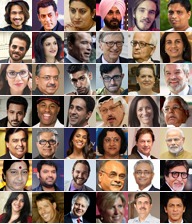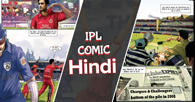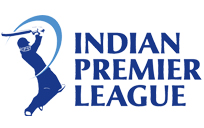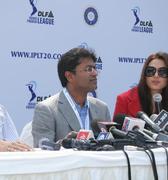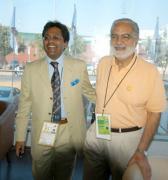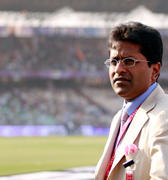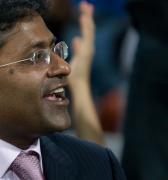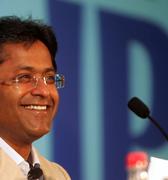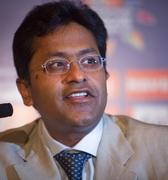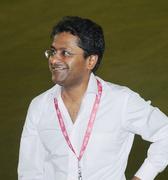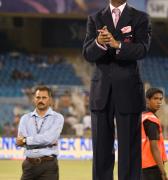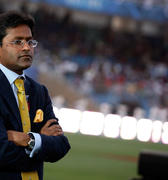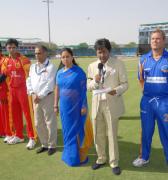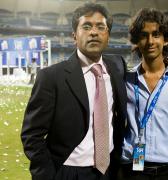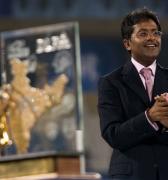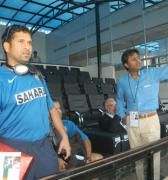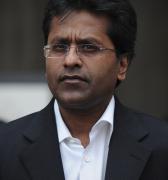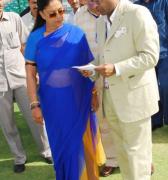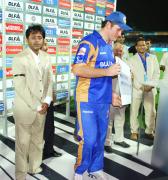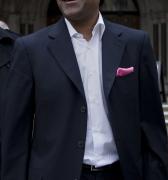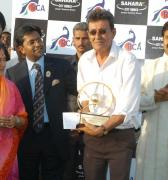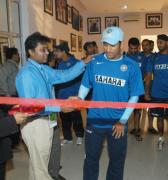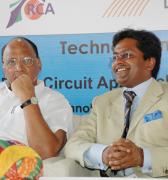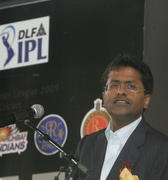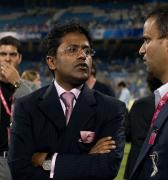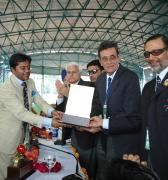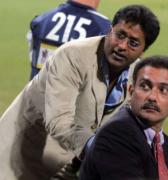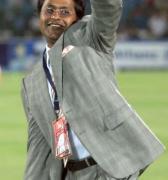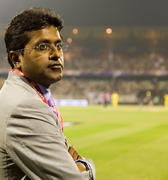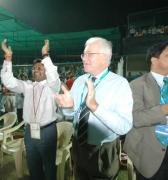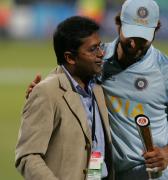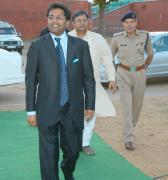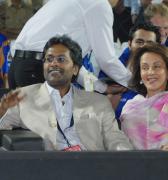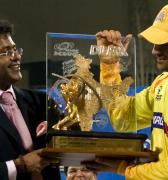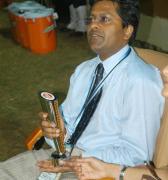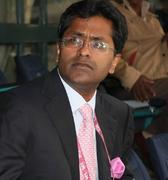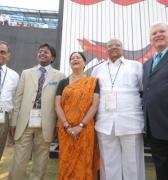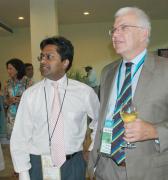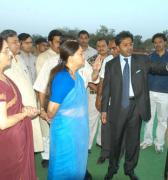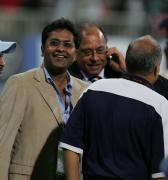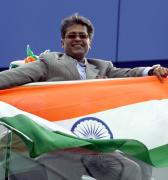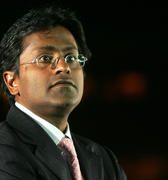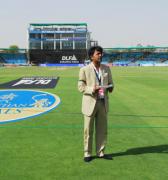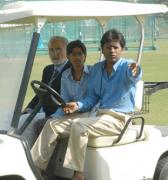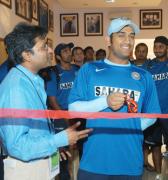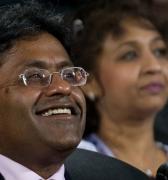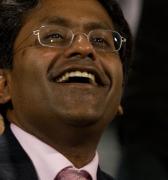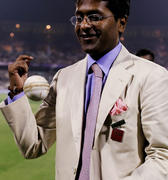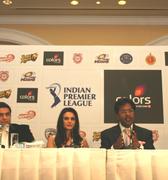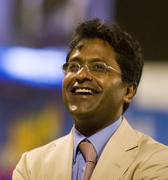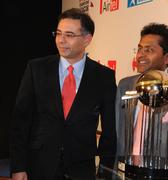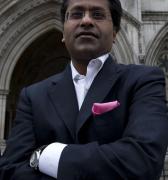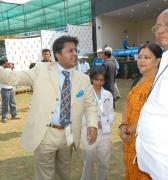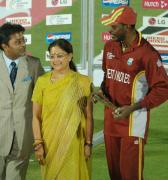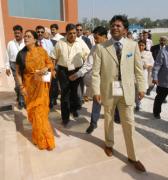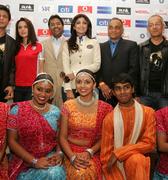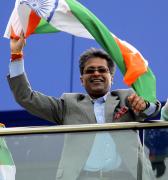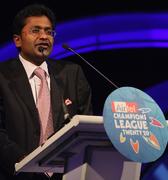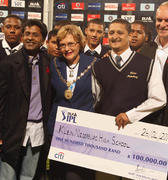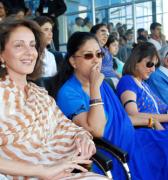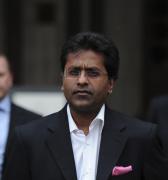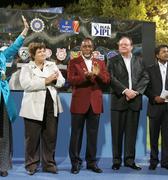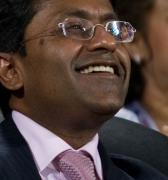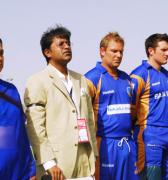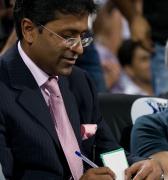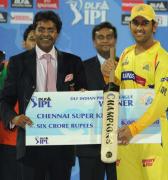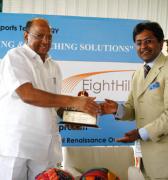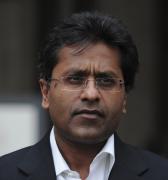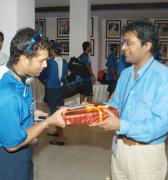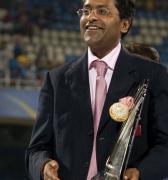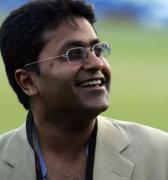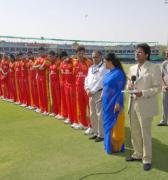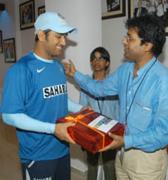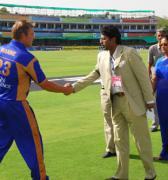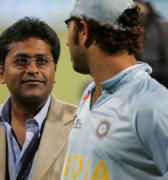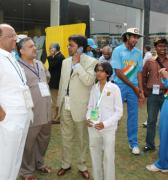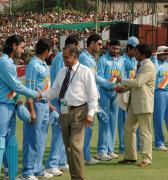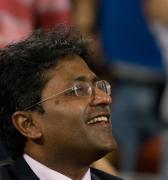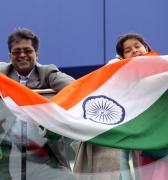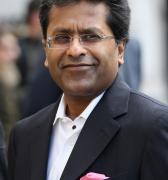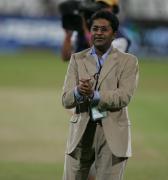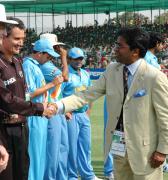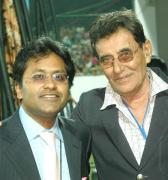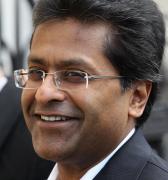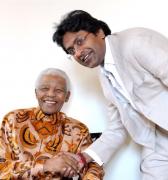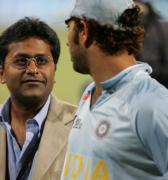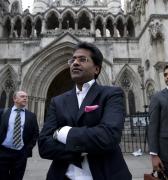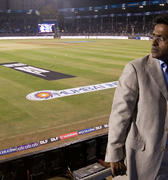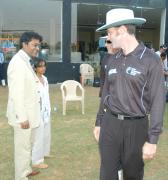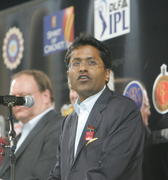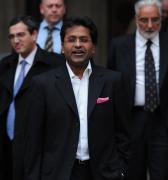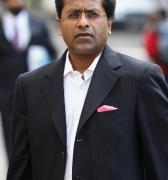By AP
The International Cricket Council (ICC) announced former India international Laxman Sivaramakrishnan as a new player representative on Monday, sweeping aside concerns over its voting process and underlining India’s powerful influence over the upper levels of the sport.
The ICC said that Sivaramakrishnan, the Indian cricket board’s preferred candidate, was elected to the ICC Cricket Committee in a vote of the game’s 10 Test captains and would serve as one of two current player representatives alongside Sri Lanka’s Kumar Sangakkara, who was re-elected. Sivaramakrishnan replaced Australian Tim May.
Yet one captain, South Africa’s Graeme Smith, expressed surprise when he was asked to vote three times, South Africa’s top player representative said, indicating initial ballots favoring incumbent May over Sivaramakrishnan may not have been accepted.
Cricket’s governing body wouldn’t respond in detail to the concerns that May, the former Australia player and current international players’ association chief executive, was initially re-elected, only for the commercially dominant Board of Control for Cricket in India to apparently force one or more re-votes to install its candidate.
Tony Irish, a board member of the Federation of International Cricketers’ Associations and South Africa’s player representative, told The Associated Press that South Africa’s Smith was asked to vote three times. Smith chose May each time but other captains may have been asked to change their votes, Irish said.
Before Sivaramakrishnan was announced as the winning candidate, Irish had last week raised concerns from the international players’ body — both to the AP and in the Indian media — that an initial vote re-electing May was disregarded and captains of some of cricket’s smaller nations may have been “pressured” to change their votes to allow India’s choice to take his place on the ICC’s Cricket Committee, a body that makes recommendations that can affect the game to the ICC.
“Sangakkara and Sivaramakrishnan were elected by a vote of the 10 Test captains. The ICC has nothing more to add to this statement,” ICC spokesman Sami Ul Hasan wrote in an email to the AP in response to questions regarding the nature of the vote.
The ICC’s initial statement earlier on Monday announcing Sivaramakrishnan as the new member made no reference to the voting process, only noting that the former India legspinner would attend his first ICC Cricket Committee meeting in London at the end of this month during the ICC’s annual conference.
May declined to comment on the process, saying in an email that he was disappointed, “but such is life.”
However, Irish indicated that international players’ federation FICA would formally approach the ICC with its concerns over the vote.
“It’s a sad day for the governance of the game, especially when it comes to players being able to freely elect their own representatives and have a voice in the running of the game,” Irish said.
Irish, the chief executive of the South African Cricketers’ Association, said longtime Proteas skipper Smith had expressed surprise when he was asked to cast his vote three times.
“I was involved in that as Graeme asked me why he was being asked to vote again when he had already cast his vote,” Irish said.
The BCCI didn’t respond to multiple messages from the AP requesting comment, but India’s board is accepted as the most powerful and influential.
Although the ICC Cricket Committee has no direct decision-making powers, it still has influence by making recommendations on “cricket-playing matters” to the ICC’s Chief Executive’s Committee and the ICC Board, the ICC says. The committee will also be chaired for the first time this month by another former Indian player, Anil Kumble, and has representatives of various nationalities from the ICC leadership, former players, women’s cricket and coaches, among others.
Some of the issues the committee could discuss are the DRS umpiring video review system, which India remains opposed to despite its general acceptance by other countries. The ICC Cricket Committee could also make recommendations on the scheduling of tours and tournaments that affect all countries.




